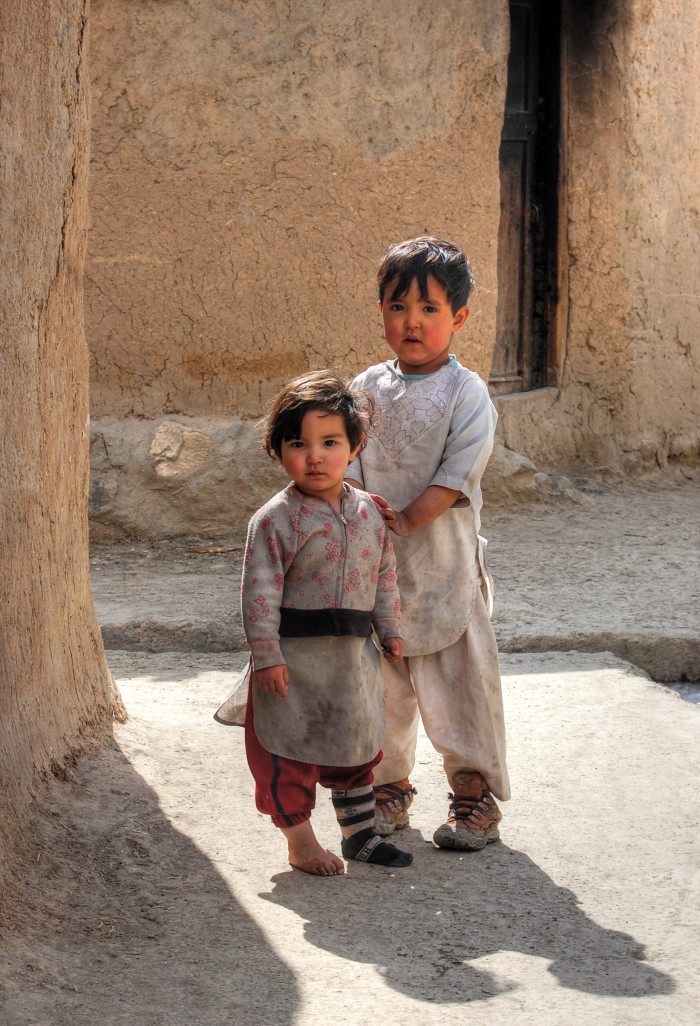
Afghanistan Disaster

The terrible disaster now unfolding in Afghanistan is a destructive reversal for the United States, and a serious policy and leadership failure on the part of President Joe Biden and his senior associates. However, the collapse of the established government institutions in Afghanistan is not a strategic defeat for the U.S. – not yet.
The unwillingness of the administration to anticipate, at least at the top, and prepare for this scenario is a major failure. Rest assured that the background of the debacle will be investigated, though this will only unfold over time in Congress, the media and elsewhere.
The fact that the Democrats hold majorities in both houses, along with the White House, means their party’s Congressional leaders will not encourage aggressive fact-finding hearings. However, the power of these leaders is limited, and the scale of a failure this significant means there will be Democrats along with Republicans who will press for investigation.
Most striking is that the American withdrawal from Afghanistan has unfolded contrary to customary procedures, as well as common sense. Normally, civilians leave first, then the military, with a rear guard securing exits as long as necessary.
The explanation is that clearly no one at the top of the administration believed Afghanistan’s government and military would disintegrate immediately. Consequently, there was no preparation for handling this worst case.
Predictably, various agencies are aggressively leaking to the media that they warned the White House this collapse was likely to happen. Skepticism is the right attitude toward this self-protection until more facts are available..
The Biden administration apparently failed to coordinate withdrawal with our allies. A substantial international coalition overthrew the Taliban regime and occupied the country following the 9/11 terrorist attacks on the United States. The U.S. has led this UN and NATO effort, but many nations have been involved. This again is a prime topic for in-depth serious investigation.
There is also an opportunity to reverse course and use this failure to strengthen as well as repair relations with our closest allies. We must give emphasis to sustained working-level military and intelligence cooperation.
News reports are impressive of British and French military patrols in Afghanistan operating beyond the Kabul airport and successfully rescuing their citizens, Afghan nationals and some Americans. Permitting American forces guarding the airport to join them makes sense. In April 1975, as South Vietnam collapsed, U.S. officials made maximum effort to rescue our citizens and allies, successfully.
“Someone to talk to” is how McGeorge Bundy, President Kennedy’s national security adviser, described Anglo-American rapport. Fundamental affinity helped forge an enduring special relationship during the total struggle of World War II.
Media commentary on Afghanistan regularly refers to the disastrous Soviet invasion and ultimate defeat in the 1980s, but usually overlooks the earlier history of British engagement. During the 19th century, the British experienced frustration, but eventually achieved influence. Condemnation of Biden by Britain’s Parliament provides powerful incentive to repair our relations immediately.
The two-decade occupation of Afghanistan has brought extensive economic and social modernization. That clock cannot be turned back completely, and economic aid to the nation provides useful practical leverage.
Employing a network of electronic surveillance and human agents will help monitor the behavior of the Taliban. Selectively, we should employ carefully planned special operations missions.
The international effort completely to transform Afghanistan was misguided though well intentioned. In the future, realism should guide us.
Learn More: Hans Morgenthau, “Politics Among Nations”.
Arthur I. Cyr at Carthage College is the author of “After the Cold War,” “Liberal Politics in Britain,” and other books. Contact acyr@carthage.edu
